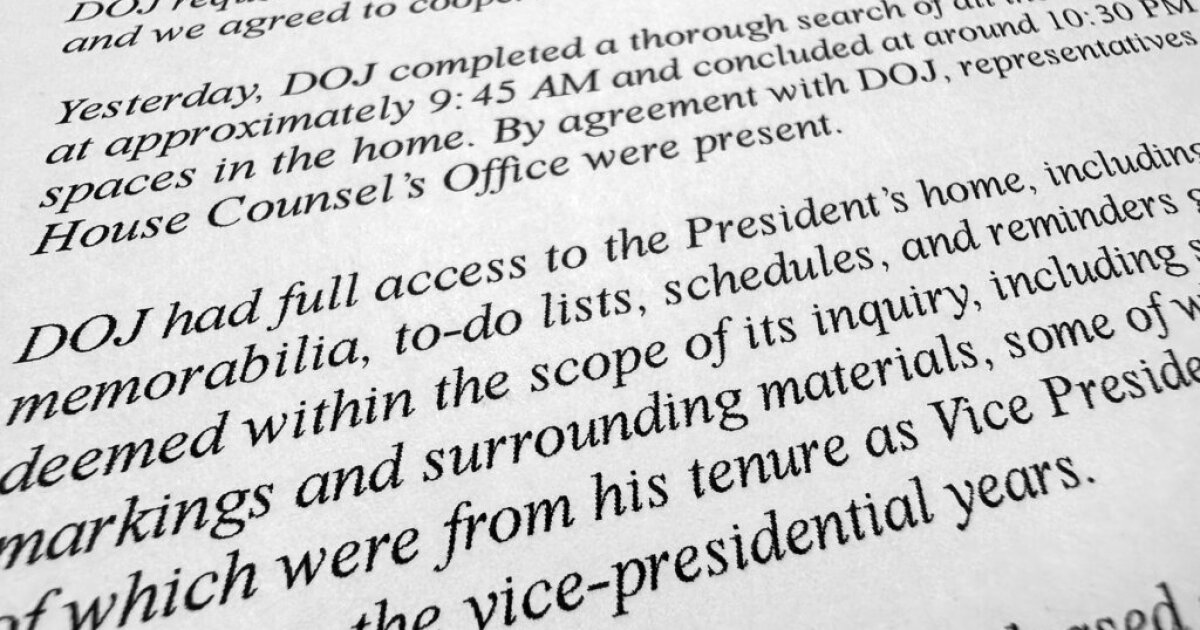

Former top diplomatic and national security appointees eyeing the 2024 presidential race could face questions over their possible handling of classified documents as the saga engulfing President Joe Biden, former President Donald Trump, and now former Vice President Mike Pence continues to grow.
The discovery of classified materials in Pence’s Indiana home has fueled questions about who else may have secret files in their possession.
Early contenders for the Republican contest include onetime Secretary of State Mike Pompeo, former Ambassador to the United Nations Nikki Haley, and ex-national security adviser John Bolton, veterans of the former president’s administration with access to top secret government information.
TRUMP LOOKS FOR AN EDGE IN EARLY STATES AFTER SLOW START TO CAMPAIGN
Calling classified spillage “a mess” on the Clay Travis and Buck Sexton radio show this week, Pompeo said he did not think he had made the mistake of taking classified documents home.
“I don’t believe I have anything that’s classified,” he told Travis.
A Pompeo aide did not respond to questions from the Washington Examiner about whether he has searched for classified files still in his possession or received any inquiries to do so from federal authorities.
Still, a report by Puck’s Tara Palmeri noted how Pompeo, who also served as Trump’s CIA director, sought to use classification to thwart leaks inside the State Department and ensure information reaching his desk could not be turned over in a Freedom of Information Act request.
A State Department official recounted filing a complaint with the Office of Inspector General about the practice, telling Palmeri that an unclassified memo attached to the complaint was returned classified after a political appointee reviewed it.
Haley, who notched third place in a poll of Republican primary voters in New Hampshire this week, has previously handled classified information outside protected channels.
In 2017, Haley shared classified information through a State Department system meant for unclassified communication, a public records request obtained in 2019 by American Oversight, a watchdog group focused on Republicans.
Haley had appeared to lose her password just as North Korea tested an intercontinental ballistic missile with a range that could hit Alaska, with the trove of documents returned showing extensive redactions labeled with their classification status, the Daily Beast reported.
A Haley aide did not respond when asked if she had searched for classified materials among her files or been contacted by the government.
Bolton has criticized the former president’s handling of classified information, telling CBS News in an interview last year that it “worried” him and indicated “disdain” for the classification system.
Trump’s intelligence briefings included discussions of nuclear weapons information on occasion and sometimes photographs or graphs that he would ask to hold on to, Bolton said.
News of Pence’s files has fueled the suggestion that spillage is not uncommon, even as Biden and Pence seek to draw a distinction with Trump, who faced an FBI raid over a dispute involving the return of materials to the National Archives. Both have emphasized their cooperation with federal authorities and Congress.
“Americans are looking at this as ‘everybody does it’: First you have Trump, then you have Joe Biden, then you have Pence, and who knows what former president is next,” Democratic strategist Brad Bannon told the Washington Examiner this week.
Yet turmoil over the spillage of classified information has weighed on presidential aspirants in past elections.
After losing the 2016 presidential election to Trump, former Secretary of State Hillary Clinton attributed the handling of a federal investigation into her use of a private email server as a reason for her defeat.
CLICK HERE TO READ MORE FROM THE WASHINGTON EXAMINER
Clinton’s use of a private email server during her time as secretary led to investigations from the State Department, FBI, and Congress.
The issue would resurface once Trump took office.
Investigators at the State Department probed dozens of current and former senior agency officials who had sent sensitive information to Clinton’s private email while she led the department, the Washington Post reported. The messages contained information that was recategorized as classified.







